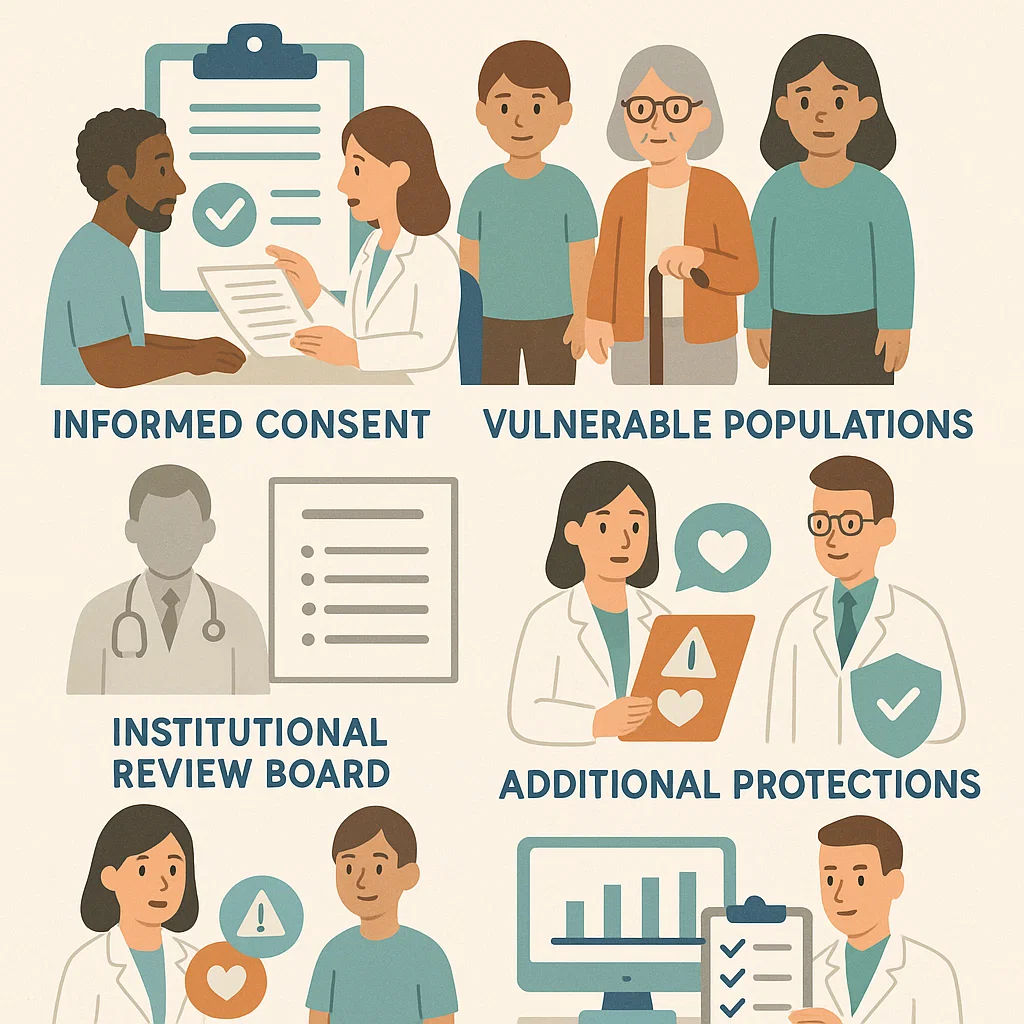Installation of awning demand keen eye to details to meet material specifications, safety protocols, and installation standards. Professional awning contractors follow established industry guidelines to ensure structural integrity and customer safety. These standards parallel the ethical frameworks that govern scientific research and experimentation. Quality awning products undergo rigorous testing procedures to meet safety certifications and performance benchmarks.
This systematic approach to quality control demonstrates how standardized practices protect both workers and consumers from potential hazards and ensure long-term satisfaction with the final product. Just as consistency and accountability are vital in manufacturing and production, they are equally crucial in the realm of scientific research, where the consequences of oversight or misconduct can be far-reaching.
Research Integrity and Public Trust
Scientific research directly impacts public policy decisions, medical treatments, and technological advancement. Maintaining rigorous ethical standards ensures research findings remain reliable and reproducible across different laboratories and conditions. Falsified data or manipulated results can lead to dangerous medical treatments, ineffective policies, or wasted resources on failed technologies.
Public trust in scientific institutions depends on transparent methodology and honest reporting of both positive and negative results. Peer review processes validate research quality through independent expert evaluation.
Scientific journals maintain editorial standards that prevent publication of fraudulent or poorly designed studies that could mislead the public or scientific community.
Participant Safety and Informed Consent

Human subjects research requires comprehensive ethical oversight to protect participant welfare and dignity. Informed consent procedures ensure participants understand potential risks, benefits, and their right to withdraw from studies. Vulnerable populations, including children, elderly individuals, and those with cognitive impairments, require additional protective measures.
Institutional review boards evaluate research proposals to identify potential ethical concerns before studies begin. Research protocols must minimize risks while maximizing potential benefits for participants and society. Ongoing monitoring throughout studies ensures participant safety and protocol compliance.
Environmental and Social Responsibility
Modern scientific research carries significant environmental and social implications that extend beyond laboratory walls. Researchers must consider the broader impact of their work on communities, ecosystems, and future generations. Genetic engineering, artificial intelligence development, and climate research all require careful ethical consideration of potential consequences.
Collaborative approaches that include diverse perspectives help identify ethical blind spots and ensure research benefits society rather than causing harm. Environmental impact assessments evaluate research activities that could affect ecosystems or wildlife populations.